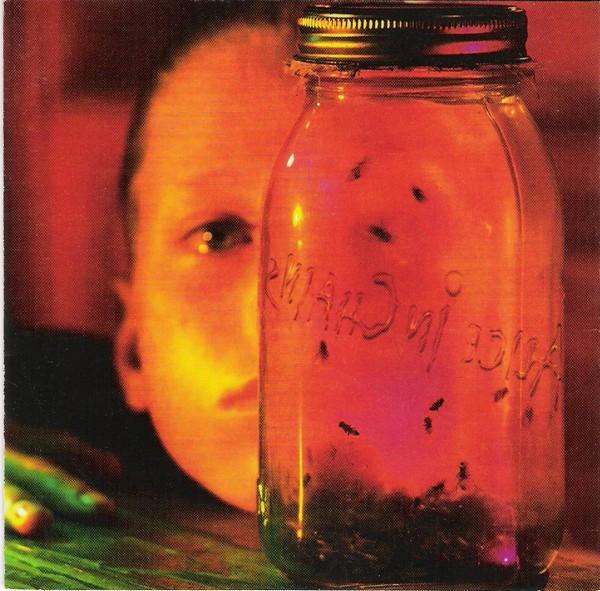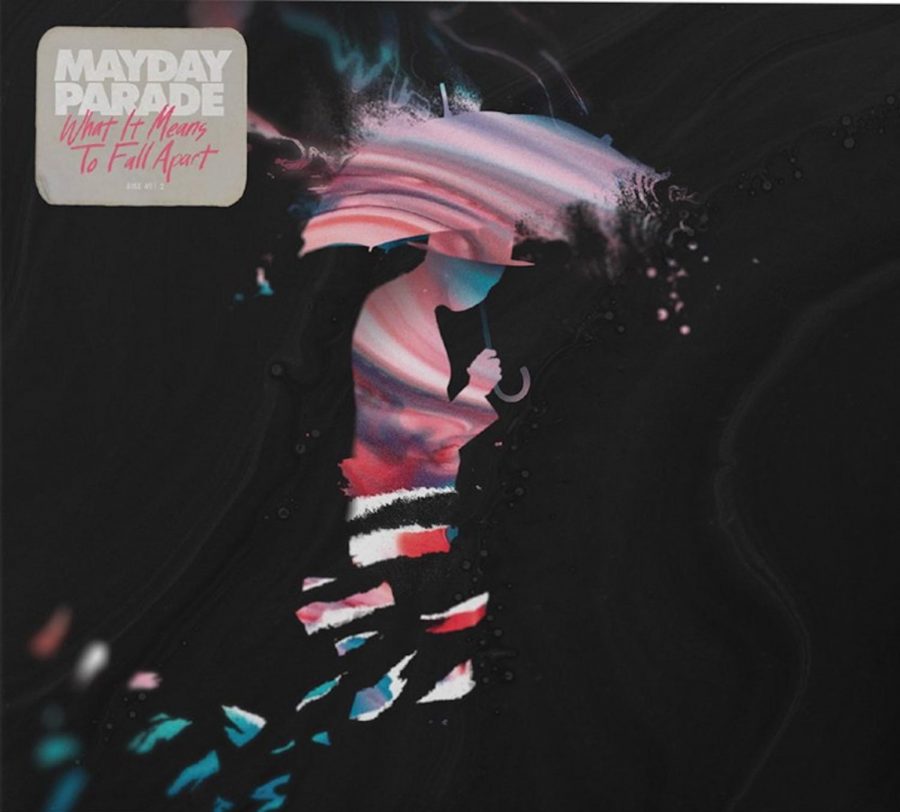INTRODUCTION
In light of current events, and June being Pride Month, the staff at Spinnaker has decided to use our platform as an opportunity to highlight Black and LGBTQ+ artists. This week, our selected review is of the 1981 album “Nightclubbing” by Grace Jones. Jones is a Jamaican musician, notable for her androgynous appearance and popularity among LGBTQ+ communities in the ‘70s and ‘80s. With her outspoken personality and unapologetic nature, Jones acted as a voice for the minority communities that were not previously heard.

TRACK-BY-TRACK REVIEW:
- Walking In The Rain: The first track of “Nightclubbing” features two Grace Jones staples: monotonous spoken-word vocals, and reggae tinged instrumentals. The track is a cover originally performed by Australian band Flash and the Pan in 1979, but Jones adds more flair. An ominous drum-beat, alongside seemingly random synths, sees Jones delve into new-wave and art-pop inspirations, alongside reggae.
- Pull Up to the Bumper: One of the few tracks to be co-written by Jones on “Nightclubbing,” “Pull Up to the Bumper,” is an upbeat R&B and disco track that was the third single off “Nightclubbing”. The track features heavy bass, background gang vocals, and Jones’s contralto singing (rather than monotonous speaking). Yet, the song has created controversy due to its suggestive, descriptive lyrics — some radio stations went as far to ban the song from rotation.
- Use Me: The second cover off “Nightclubbing” — originally recorded by Bill Withers in 1972. Jones put her own spin on the track by using reggae inspired arrangements, as well as a handful of different synths and guitar riffs. Her vocals are particularly strong: though the monotone style makes her recognizable, her vocal talent truly shines in tracks such as this one. The lyrics are similarly suggestive as the previous track, but less overt.
- Nightclubbing: Originally written and performed by Iggy Pop of The Stooges, Jones utilizes her monotonous vocals to create an eerie, unsettling track. The tracks are relatively straightforward, detailing the club scene of the late ‘70s and early ‘80s. This is one of the most popular songs off “Nightclubbing” for good reason — Jones is able to make a structurally simplistic song into a work of art.
- Art Groupie: The second track Jones has co-written off “Nightclubbing,” this track is a semi-autobiographical look at Jones’ dating life. Throughout the ‘70s and ‘80s, Jones was romantically involved with a handful of various artists. Thus, she’s gently making fun of herself by designating herself to the title of an art groupie. The track itself is slow-paced, with synths and reggae-inspired riffs.
- I’ve Seen That Face Before (Libertango): Widely considered to be one of Jones’ finest songs, “I’ve Seen That Face Before (Libertango),” is a remake of an instrumental composition by Astor Piazzolla. Originally a tango composition, Jones implements reggae arrangements, spoken-word French, and other lyrics detailing a dark figure amongst the nightlife scene.
- Feel Up: This song sticks out amongst the other tracks on “Nightclubbing.” It consists of primarily major chords, excited yet steady vocals from Jones, all complemented by a flute in the background. The lyrics “feel up…don’t give up….” are repeated throughout the song in a chanting style, with additional spoken word lyrics layered on top of Jones’ declarative singing.
- Demolition Man: “Demolition Man” is a reggae dance track written specifically for “Nightclubbing” by Police frontman Sting. The instrumentals in this track are phenomenal. Compared to other tracks on the album, this one has the biggest new-wave influences. Featuring pulsating synths, an upbeat tempo, guitar riffs, and random sounds dispersed throughout, it’s one of the catchier, more innovative songs on “Nightclubbing”. The lyrics describe the tenseness associated with Parliament during the 1980s — specifically, their tendency to vote by party.
- I’ve Done It Again: Originally written by Marianne Faithfull, “I’ve Done It Again” is the closest thing to a ballad on “Nightclubbing”. It seems to have a heavy jazz influence, with saxophones and cymbals used as instrumentals. Again, her voice shines in this track — her repetition of “and I’ve done it again, done it again, done it again…” throughout the track is both haunting and beautiful.
SUMMARY
Though “Nightclubbing” is Grace Jones’ fifth studio album, it’s the first in which she seems to truly come into herself as a musician and a performer. Prior to “Nightclubbing,” Jones was primarily known for her disco music, which solidified her appeal to both the LGBTQ+ and black communities during the 1970s. Yet, with “Nightclubbing,” she took her disco beginnings and elevated her music to a more avant-garde, new-wave sound. It’s definitely a strange album — but, at least for me, that strangeness and unshakeable confidence in herself is what makes “Nightclubbing” a genuine work of art. 5/5 Spinnaker Sails.
Standout Tracks: “Pull Up to the Bumper,” “Nightclubbing,” “I’ve Seen That Face Before (Libertango),” and “Demolition Man.”
___
For more information or news tips, or if you see an error in this story or have any compliments or concerns, contact editor@unfspinnaker.com.















